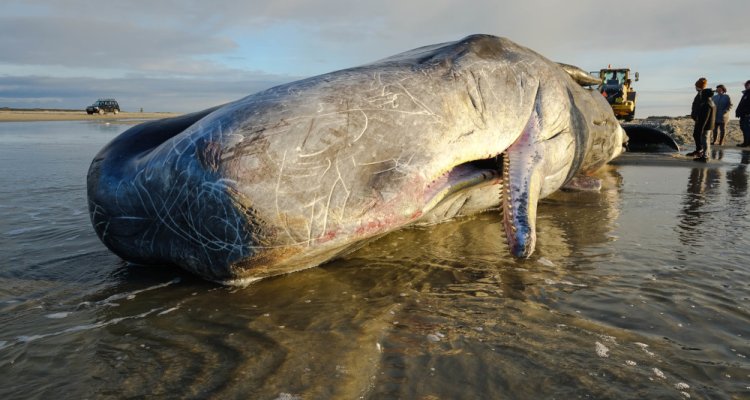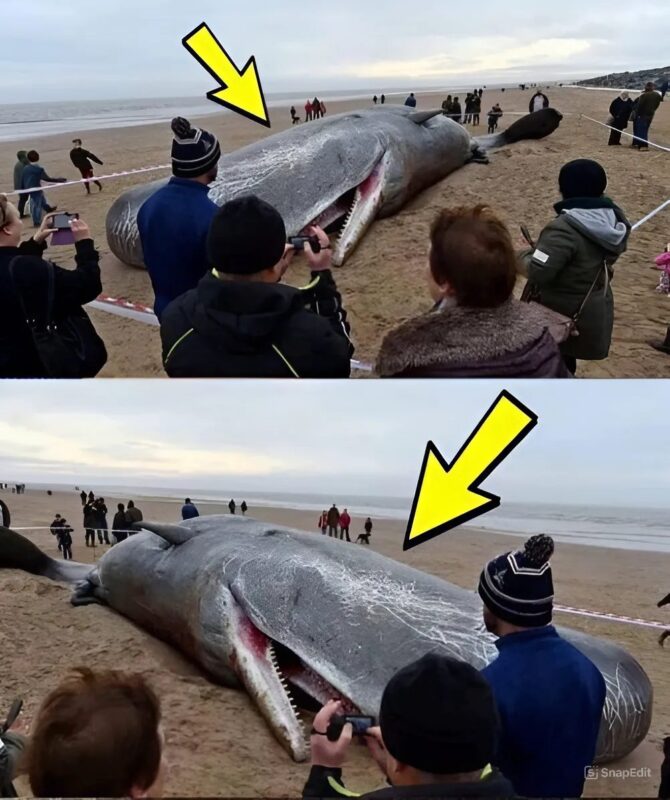In Murcia, Spain, a 10-meter sperm whale stranded on Cabo de Palos beach this year, prompting scientists to investigate its death. Inside its stomach, they found over 30 kilograms of plastic waste, including bags, fishing nets, a water container, straw packets, and ropes. Sperm whales typically eat squid, octopuses, and small fish, but this young whale likely suffered a fatal digestive issue from the debris.

The discovery is a stark reminder of the ocean’s plastic pollution problem. Consuelo Rosauro, Murcia’s environmental chief, said plastic is a deadly hazard for marine life. Many animals ingest or get tangled in waste, often with lethal results.

With 150 million tons of plastic in our oceans and 8 million tons added annually, this whale’s death underscores the urgent need for action. Conservationists are pushing for reduced plastic use and ocean cleanups to save marine creatures. This tragedy could inspire global efforts to protect our seas and prevent further losses.


